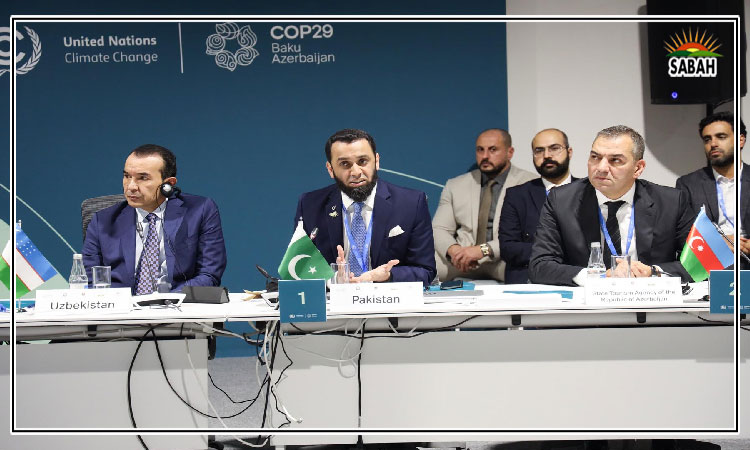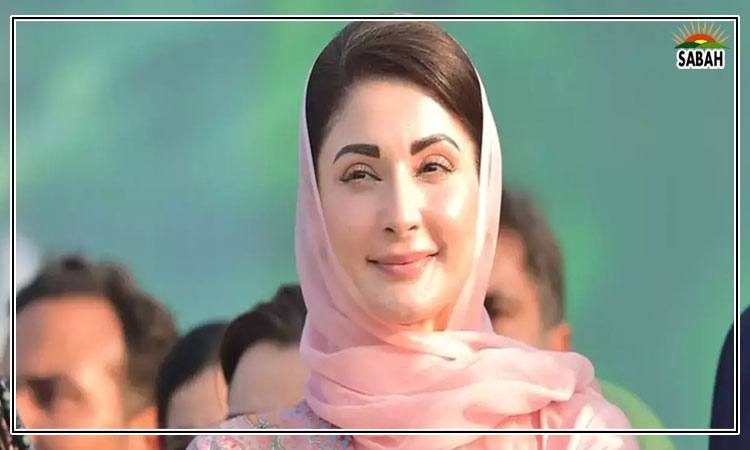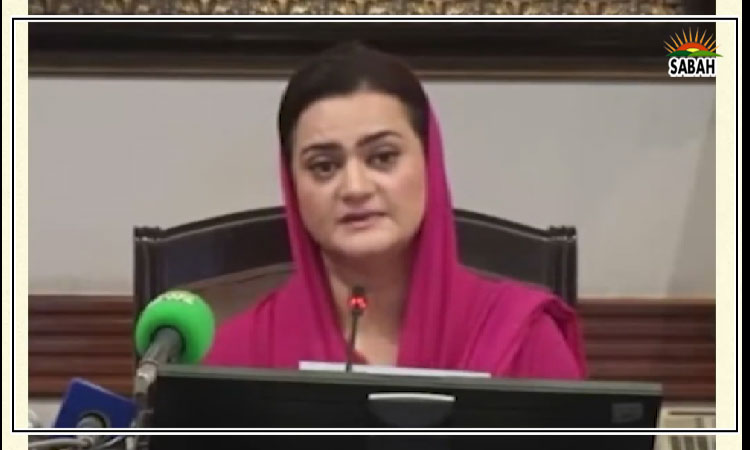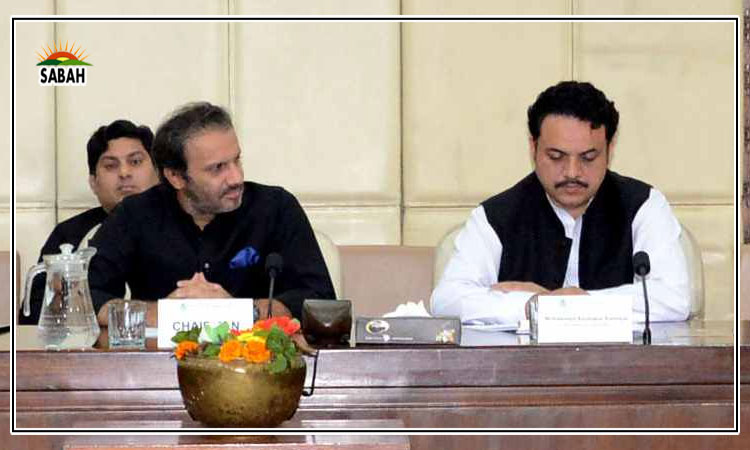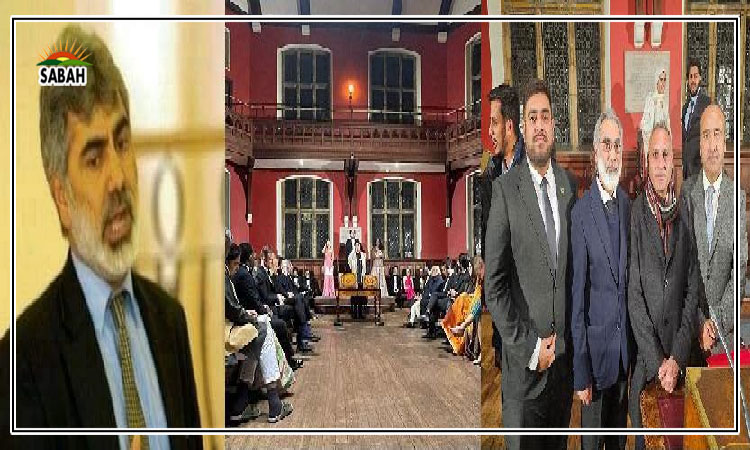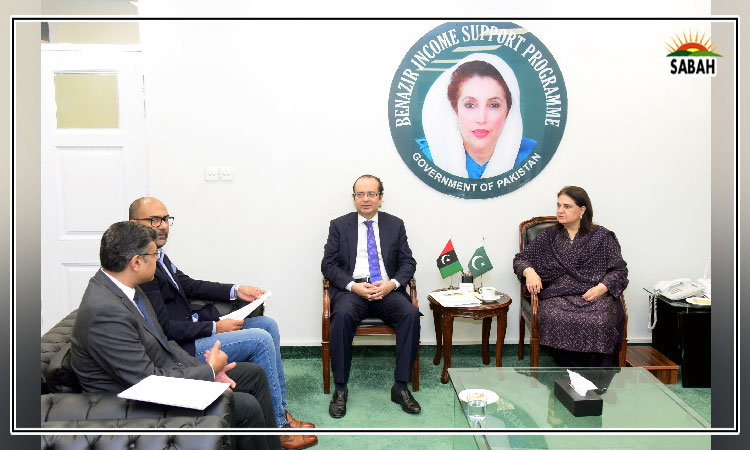Power failure– Farhan Bokhari
Monday’s prolonged power failure across Pakistan was a powerful reminder of the deepening fault lines across the nation, as political rivals raced to seize authority in spite of the country’s growing disarray. On Monday too came the State Bank’s latest verdict to raise interest rates to a staggering 17 per cent as inflation hovers around 30 per cent.
Pakistan following Sri Lanka’s footsteps has become an oft-repeated question across the country’s gossip circles, from living rooms to boardrooms and beyond. It is a riddle whose answer eventually lies in Pakistan’s ability to avert its looming disaster.
As Pakistan’s political rivals intensify their battles, the country’s worsening outlook is evident all around. Consequently, members of the elite ranging from its ruling class to the opposition have increasingly become detached from real-life trends.
In sharp contrast to the mood across the power corridors, mainstream Pakistanis have increasingly suffered the fallout from galloping inflation and other challenges on a regular basis.
And while political rivals repeatedly urge their followers to support democracy, there’s a bigger disaster lurking just over the horizon. Fast mounting inflation coinciding with a balance of payments crisis and Prime Minister Shehbaz Sharif’s government’s delayed return to the IMF loan programme have together caused what could best be described as an unprecedented and imminent perfect storm.
Meanwhile, the failure of the ruling class to appreciate the gravity of a rapidly worsening security outlook has just added to the intensity of the storm. In brief, Pakistan has fast become the proverbial titanic surrounded by a powerful storm in a vast ocean with no relief in sight close by.
The country’s mounting policy failures have only been made worse by the likes of Finance Minister Ishaq Dar who is now almost begging for a resumption of the IMF loan, not long after he publicly proclaimed his ‘I don’t care’ about the IMF line early December. And his promise of overseeing an appreciation of the exchange rate of the rupee versus the US dollar has simply become a hoax.
Meanwhile, Interior Minister Rana Sanuallah in recent days has spent time lavishly playing Pakistan’s politics from London, close to his leader, former prime minister Nawaz Sharif. As Sanaullah proudly announced the planned return of Maryam Nawaz to Pakistan to lead the ruling party in their next election campaign, more Pakistani security personnel fell in the line of duty during terrorist attacks. Is the interior minister still fully in command of his ministry? That question has become increasingly pressing as bloodshed mounts across the country.
Averting Pakistan’s looming disaster is more about stabilizing the state and its institutions than successfully carrying the democratic process forward. Indeed, the next round of elections may throw up a clear majority rule in favour of a single party or a group of well knit allies. Yet, to date that prospect has failed to answer the central riddle facing Pakistan – exactly how will the country go through a range of tough and potentially painful reforms to stabilize its future?
Pakistan’s fast deepening economic malaise is driven by two equally competing challenges.
On the one hand, a chronic resource crunch has been driven by a stubborn failure to reform one of the world’s worst performing tax collection systems. It is also driven by a failure to cut expenditure that begins to target privileges of the elite. Only such a latter approach will begin to arm Pakistan’s mainstream population with the confidence that the country has finally begun to move towards long overdue economic justice. And without a huge lift in public confidence, a potentially painful reform plan risks failing quickly.
On the other hand, saddled with about $100 billion in foreign debt, Pakistan cannot afford to continue with its vast imports unless a jump in exports also works in tandem. For now, a sizable jump in exports looks unlikely. As Pakistan works towards the goal of an export jump, the country must first radically curb luxury imports that have become a major drain on the dwindling foreign currency reserves.
Meeting the challenge requires Pakistan to be slapped with an ‘economic emergency’ of a kind never seen before. That must be the bottom line as Pakistan faces a set of unprecedented pitfalls. As for worsening security conditions, Pakistan must forcefully reverse the growing lawlessness that has evolved over time and today threatens its key interests.
Monday’s power failure must propel Pakistan’s ruling elite to embark on a set of emergency reforms that begin to tackle real-life challenges immediately. Inaction will have just one outcome: a wider failure of the Pakistani state.
Courtesy The News


